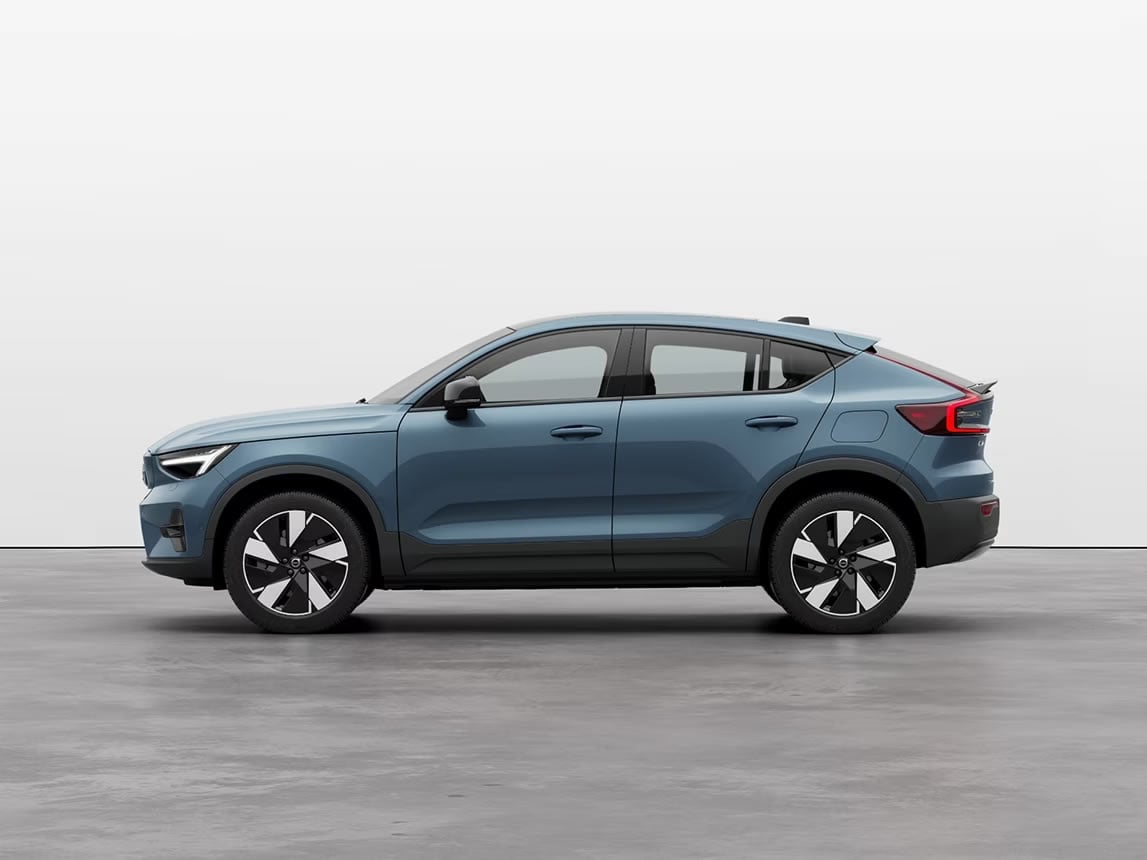Choosing the right car requires careful consideration. This guide will help you navigate the process with a focus on Budget, Research, and Test Driving.

Budget
Understanding your budget is crucial. Evaluate your financial situation, including your income, expenses, and other financial obligations. Determine how much you can afford to spend on a car without compromising other financial responsibilities.
Remember that the sticker price isn’t the only cost associated with buying a car. Factor in insurance, fuel, maintenance, registration, and taxes. Also, consider the depreciation rate of the car models you are interested in.
If you plan to finance your purchase, shop around for the top loan rates. Compare offers from banks, credit unions, and dealerships. Understand the terms and conditions, and don’t forget to calculate the total cost of the loan over time.
Research
Identify what you need in a car. Consider factors such as:- Size and capacity: How many passengers will you carry regularly?- Usage: Will you be using the car for commuting, long trips, or off-road adventures?- Features: What are the must-have features?
Use online resources to compare different models. Look at reviews, safety ratings, reliability, and fuel efficiency. Websites such as Edmunds, Kelley Blue Book, and Consumer Reports are excellent for gathering unbiased information.
Look for manufacturer incentives, dealer promotions, and special financing offers. Timing your purchase around holidays or end-of-year sales can also result in significant savings.
Test Driving
Once you have a shortlist of potential cars, schedule test drives. Try to test drive all cars on the same day to ensure a fair comparison. Make appointments with multiple dealerships if necessary.
Before driving, inspect the car for any visible defects or issues. Check the exterior and interior condition, making sure everything matches your expectations.
During the test drive, pay attention to how the car handles, accelerates, and brakes. Note the comfort of the seats, the noise levels, and how well you can see out of the vehicle. Test driving on different types of roads (highway, city, and rural) will give you a comprehensive understanding of the car’s performance.
Review your budget one last time. Ensure that the car you prefer doesn’t stretch your finances too thin. If necessary, revisit some of your earlier contenders to find a more affordable option.
Never accept the first price. Use the information you gathered during your research to negotiate a better deal. Be firm but polite, and be prepared to walk away if the dealer isn’t willing to meet your price.
Before finalizing the purchase, request a vehicle history report if you’re buying a used car. Ensure all paperwork is in order and read the contract carefully before signing. Check for any hidden fees or last-minute additions.
Make sure you understand the terms of your warranty. Know what is covered, for how long, and what maintenance requirements you must follow to keep the warranty valid.
Establish a maintenance schedule to keep your car in top condition. Regular oil changes, tire rotations, and brake inspections can prevent costly repairs down the line.
Secure an appropriate insurance policy. Shop around for the top rate and make sure you have adequate coverage for your needs.
Buying a car can be a daunting process, but by focusing on Budget, Research, and Test Driving, you can make an informed and confident decision. Happy car hunting!
Explore the Tranquil Bliss of Idyllic Rural Retreats

Ultimate Countdown: The 20 Very Legendary Gaming Consoles Ever!

Understanding Halpin and its Influence

Affordable Full Mouth Dental Implants Near You

Discovering Springdale Estates

Illinois Dentatrust: Comprehensive Overview

Embark on Effortless Adventures: Unveiling the Top in Adventures Made Easy Outdoor Equipment

Unveiling Ossur Valves: Innovation in Prosthetics

Unlock the Full Potential of Your RAM 1500: Master the Art of Efficient Towing!
